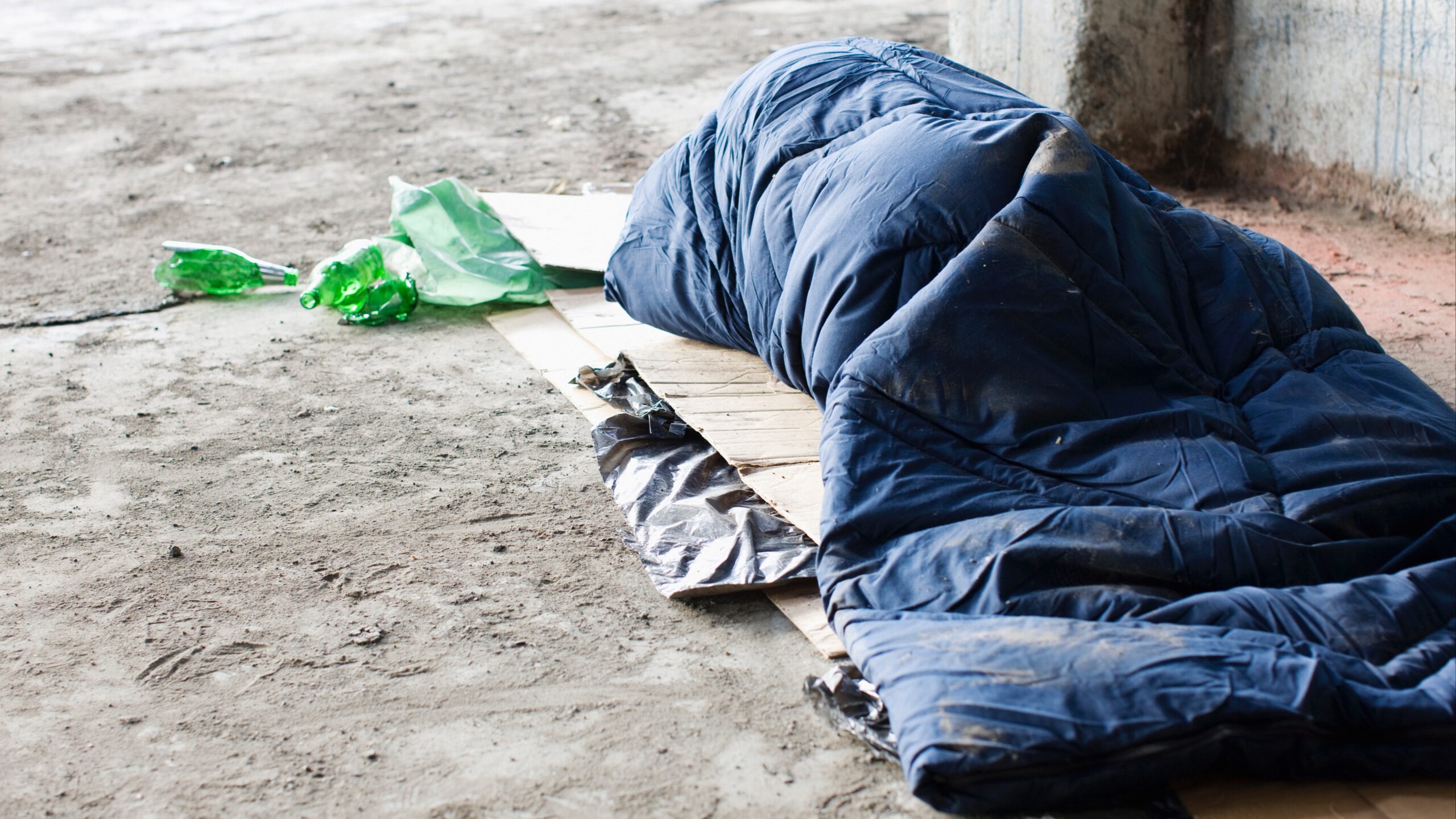
As people are living longer and couples are having children at younger ages, a new generation has emerged: the sandwich generation.
So what is it? The sandwich generation refers to a section of the older millennial and Generation X age groups who are taking care of their elderly parents as well as their own children. That's double the amount of work and double the costs. According to the Pew Research Center, 23% or more than 2 million people in the US, belong to the sandwich generation, and that number is steadily rising.
This happens for many reasons, but one of the main issues is because the government just isn't taking care of the older generations. The funding isn't going to the places that would benefit the elderly — health, housing, pretty much anything that isn't war. It can break a family financially, mentally, and emotionally, so we need to think about how it affects the country as a whole.

It doesn't take a rocket scientist to understand why one's mental health would falter while taking care of two sets of dependents. Obviously, taking care of people you love is rewarding, you're doing a good thing, but having no time for yourself and being overworked is as unhealthy as it is unfair. And it’s not just taking care of human beings — it’s taking care of the home, your job, yourself, pets, your social life, a million different chores and responsibilities sandwiched between your dependents.
Stress, a poor sleep schedule, a disrupted diet, arguments, not enough time for self-care, and the feeling of resentment from either side, can all increase the likelihood of developing mental disorders, notably depression and anxiety. A study was done by McKinsey & Company in 2021, showing that responders to the survey reported high levels of anxiety, and higher levels of trauma related to COVID-19, and a whopping 52% of the subjects reported active suicidal thoughts. Carers need more help with time management, self-care, and finances, which the government simply isn’t giving them.
Work-Life Balance

Having to take care of both elderly relatives and young children/older teens is a job in itself. It doesn’t matter how much we love our families, it’s hard work. Feeding, bathing, taking them to the doctor and administrating needed medications, keeping them happy and safe, and for children, making sure they’re educated, active, and social. And that’s just the tip of the iceberg. Keeping all of this in mind, now think about how you’d need to keep a steady income while all of this is going on. Even if you work from home, you can’t give 100% of your attention to either work or home life, so somewhere along the way something is likely to suffer, and a lot of the time that’s work.
Most sandwich carers have to quit their jobs to take care of their family, which of course doesn’t leave their finances in a good place. According to the Journal of the American Geriatrics Society, sandwich caregivers are twice as likely to report financial problems as non-sandwich caregivers. And that’s pretty much common sense, considering they have twice as much work to do as the average person, with or without a career.
Inflation And Debt

Inflation is bad enough for the rest of us, but for the sandwich generation, it's slowly putting more pressure on their family’s life expectancy. The average rent price in the US increased by 3.3% in 2023, and for a family with expensive bills like a sandwich family, and a shaky income, this is a financial killer. And that's not taking into account food, gasoline, car repairs, college funding, medical bills, taxes, water, and other house bills, and tons of other utilities bleeding their wallets dry. A survey by Wealth Watch discovered that around 45% of sandwich caregivers reported being in debt, with the average debt being $12,662.33 per family. Though there are benefits and tax breaks for sandwich carers, not enough carers are being granted these services, which, of course, can lead to mental health decline.

If a family can't afford to take care of their own kids, they won't be able to take care of their parents, which also means when it's time to take care of themselves, not to mention possible grandchildren, there's essentially no money left. If they can't work enough to gain a pension, they're either going to be taken care of by their own child who can't afford it, or have nowhere to go but the street.
According to the National Alliance to End Homelessness, 138,098 adults who were 55+ years old were unhoused, on one single night of 2023. That's 1 in 4 elderly people. Similarly, 30% of the unhoused population are entire families. Homelessness costs the government around $35,578 per year, per unhoused person, so making sure we prevent this before it even starts will keep people safe, and save the country millions of dollars.







